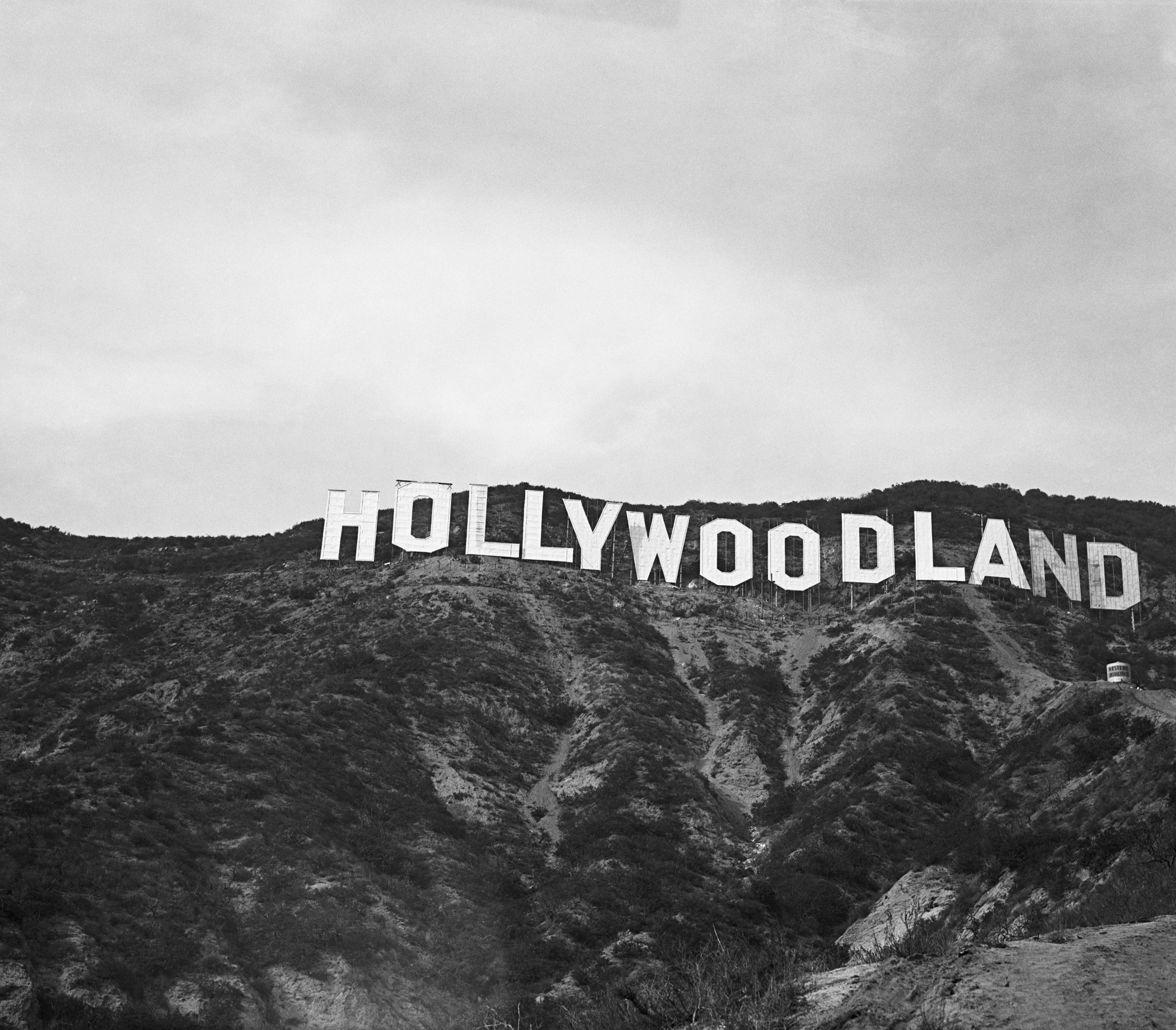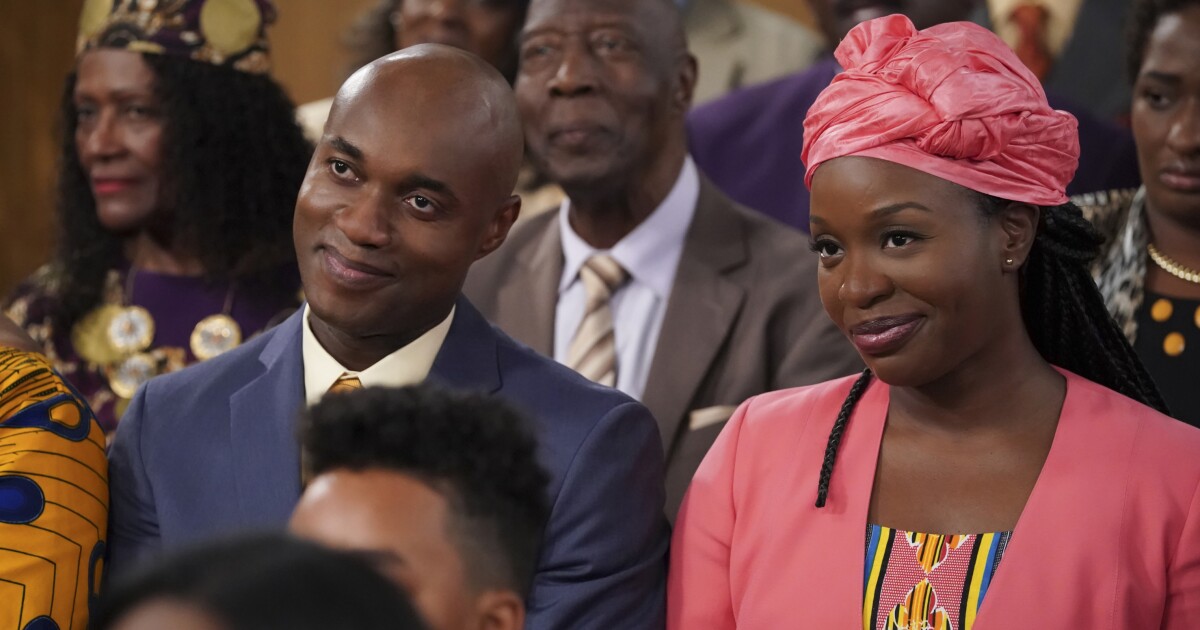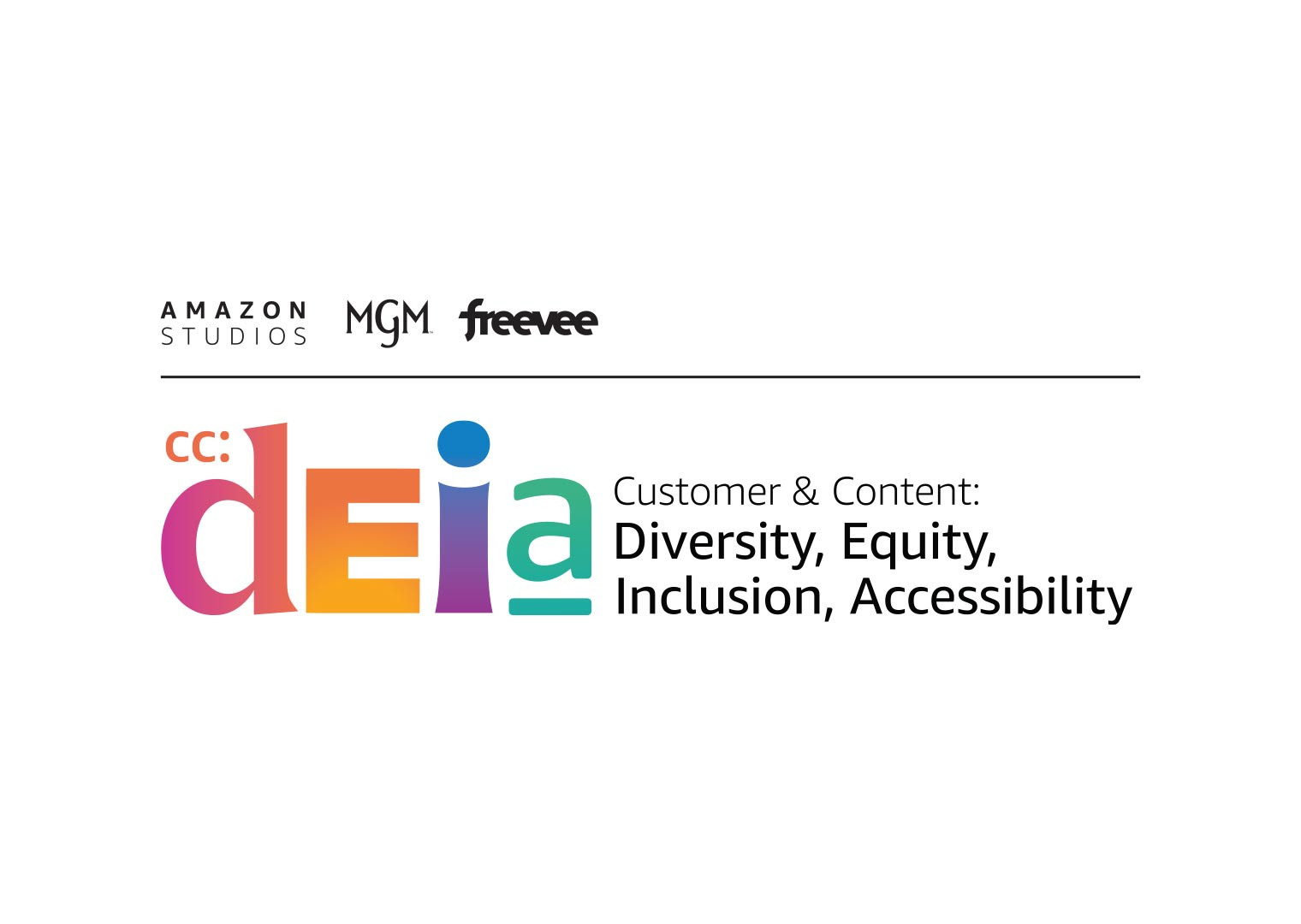- Joined
- Jul 18, 1998
- Messages
- 22,178
- Reaction score
- 45,709
Online
And when there is any progress in diversity in any field there is often the predicable claims of ‘reverse racism’ and how hard it is now being a white (fill in the blank). And the field is now 88% white instead of 92%
===================
As James Patterson reflected on the state of the writing world today, the best-selling thriller novelist with an estimated net worth of more than $800 million lamented how one group in particular is having a hard time finding work: White men.
In fact, America’s richest author noted to the Sunday Times how White males — specifically older White males — are experiencing what he described as “another form of racism” when it came to trying to break through as writers in TV, film, theater or publishing.
“What’s that all about? Can you get a job? Yes. Is it harder? Yes,” Patterson, 75, told the British newspaper. “It’s even harder for older writers. You don’t meet many 52-year-old white males.”
Now, Patterson is facing backlash from critics and writers who say the author has blatantly ignored recent data showing how the publishing industry has been and remains “a business that is owned by White men.”
In a diversity self-audit from Penguin Random House, the publisher found that about 75 percent of the contributors during that period were White. Just 6 percent were Black, while 5 percent were Hispanic, the audit shows. The company also acknowledged that more than 74 percent of its employees were White.
A 2019 survey from children’s publisher Lee and Low Books found that 85 percent of the publishing staffers who acquire and edit books are White people.
A 2020 report from the New York Times found a similar result across the U.S. publishing industry, with 89 percent of the books written in 2018 being penned by White writers…..
But much of the attention from Patterson’s interview was on his claim that White men are struggling to find work in publishing.
Gina Denny, an associate editor at the publisher TouchPoint Press, noted that when USA Today reported on Patterson’s comments, just nine authors on the newspaper’s list of 150 bestsellers were non-White writers.
Three of Patterson’s titles made the list, while just five women of color and four men of color were on the bestseller list. The rest were made up of White men between the ages of 36 and 84, Denny said — and some of the White males on the list have long been dead.
“Dead white men are statistically as likely to be on the USA Today bestseller list as a person of color,” Denny wrote……
===================
As James Patterson reflected on the state of the writing world today, the best-selling thriller novelist with an estimated net worth of more than $800 million lamented how one group in particular is having a hard time finding work: White men.
In fact, America’s richest author noted to the Sunday Times how White males — specifically older White males — are experiencing what he described as “another form of racism” when it came to trying to break through as writers in TV, film, theater or publishing.
“What’s that all about? Can you get a job? Yes. Is it harder? Yes,” Patterson, 75, told the British newspaper. “It’s even harder for older writers. You don’t meet many 52-year-old white males.”
Now, Patterson is facing backlash from critics and writers who say the author has blatantly ignored recent data showing how the publishing industry has been and remains “a business that is owned by White men.”
In a diversity self-audit from Penguin Random House, the publisher found that about 75 percent of the contributors during that period were White. Just 6 percent were Black, while 5 percent were Hispanic, the audit shows. The company also acknowledged that more than 74 percent of its employees were White.
A 2019 survey from children’s publisher Lee and Low Books found that 85 percent of the publishing staffers who acquire and edit books are White people.
A 2020 report from the New York Times found a similar result across the U.S. publishing industry, with 89 percent of the books written in 2018 being penned by White writers…..
But much of the attention from Patterson’s interview was on his claim that White men are struggling to find work in publishing.
Gina Denny, an associate editor at the publisher TouchPoint Press, noted that when USA Today reported on Patterson’s comments, just nine authors on the newspaper’s list of 150 bestsellers were non-White writers.
Three of Patterson’s titles made the list, while just five women of color and four men of color were on the bestseller list. The rest were made up of White men between the ages of 36 and 84, Denny said — and some of the White males on the list have long been dead.
“Dead white men are statistically as likely to be on the USA Today bestseller list as a person of color,” Denny wrote……
Last edited:








